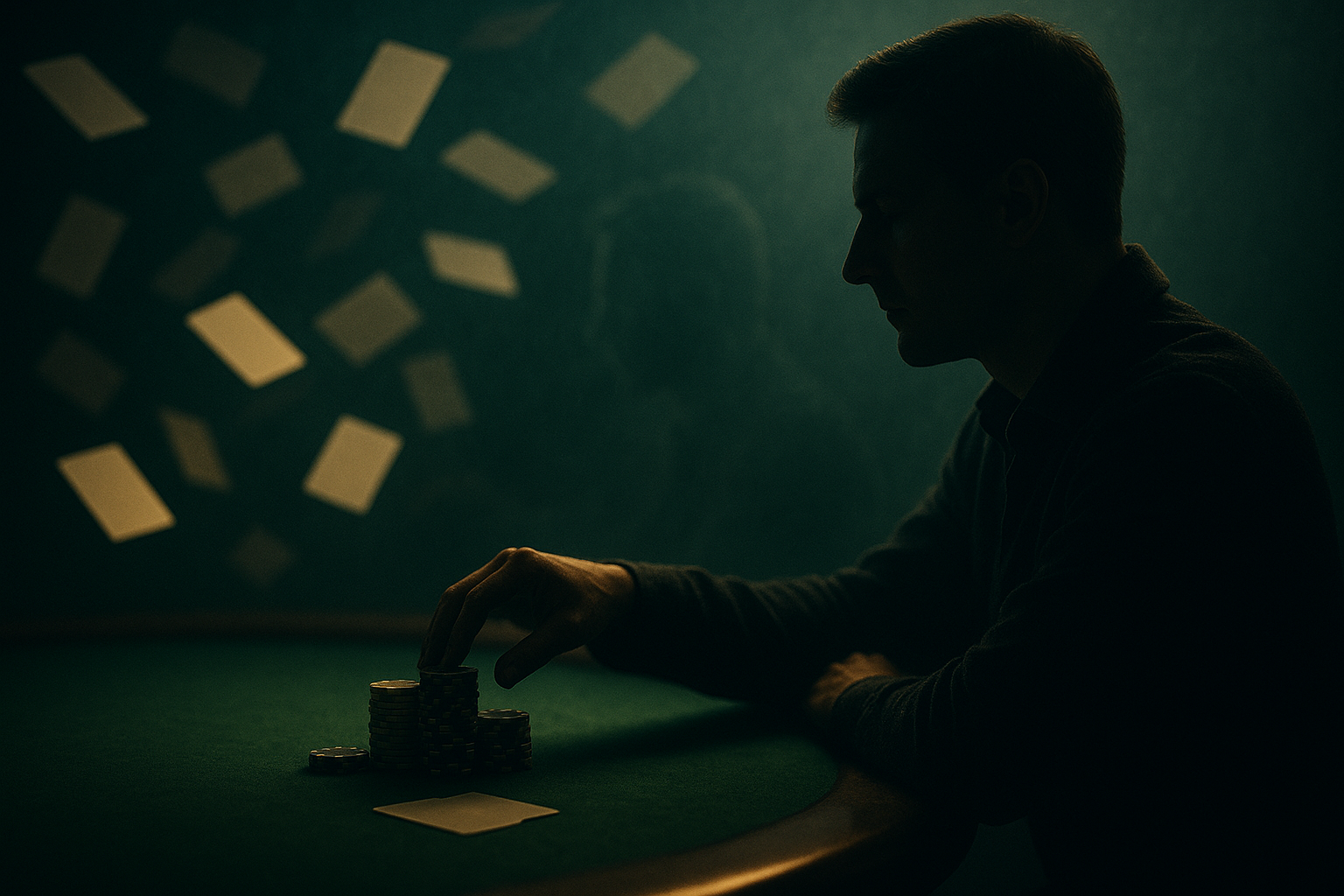Every poker table has a story to tell. The baize is where luck meets logic, and where confidence crumbles under one bad bet, one misread card. It’s an unforgiving arena, and mastering the game requires a lot more than lady luck. But what if the game behind the game isn’t just about cards and chips, but the very pursuit of progress itself?
Poker has always been more than a pastime. Around every table, players are testing memory and nerve, navigating a world of imperfect information. The table is a stage for human behaviour as much as for strategy. And as poker grows into a billion-dollar industry, it’s also become a classroom for anyone curious about how decisions are made when the stakes are real.
The Rise Of Modern Poker Table Games
Along with the imagery of chips and cards, poker is also easily imagined as a game played in smoky backrooms with shady characters and cigarette girls. Not anymore. Poker table games have traded the underground for the mainstream, and today’s players can explore many variations of the game on many platforms, each demanding a slightly different mindset and skillset.
The game has been legitimized, formalized. The democratization of the game has shown that poker is a testing ground for skill and mental fitness.
As usual, the numbers don’t lie: data speaks volumes. The global online poker market reached USD 3.86 billion in 2024 and is projected to grow to almost USD 6.9 billion by 2030. In the United States, total commercial gaming revenue hit USD 71.9 billion in 2024, marking a 7.5 percent increase year on year. Poker and table games make up a significant slice of that total. People are taking this game seriously. As they should. And where does that lead us?
Progress Over Perfection: Lessons From Benjamin Rolle
If poker has a philosophy, Benjamin “BenCB” Rolle said it best: “There’s no destination, only progress.” His musing captures the mindset separating the Friday night flipper from those who live and breathe the game.
Every hand becomes a data point, every misstep a lesson. The professional players don’t chase the high of a royal flush. They know it’s a game that rewards consistency and emotional control. Scientific studies support that philosophy of discipline. In one behavioural experiment, researchers found that negative emotions such as frustration and moral anger reduced mathematical accuracy in decision-making tasks. Losing your cool quite literally makes you play worse.

That awareness is what keeps elite players sharp. The best professionals see variance as feedback, not failure. They keep calm when their bankrolls dip, analyzing what went wrong instead of blaming luck. Over time, that mindset of continuous learning turns the table into a mirror for self-improvement.
Poker As A Mirror For Decision-Making
What keeps poker fascinating is how closely it resembles life outside the casino. Every move is a trade-off between risk and reward, with no guarantee of success. As Wharton Magazine notes in its analysis of poker’s mental framework, the game forces players to act under uncertainty, process incomplete data, and live with the results.
That same skill set drives good business leaders and investors. Poker teaches timing, patience, and how to separate emotion from logic. It also trains pattern recognition—the ability to spot subtle shifts in behaviour or momentum before anyone else does. Neuroscience backs this up: regular nondisordered poker players show enhanced inhibitory control and attention compared to non-players, evidence that strategic play strengthens real-world cognitive functions.
In that sense, the poker table isn’t a getaway from reality but a condensed version of it. The same principles that guide a tough decision on the felt apply to managing teams, negotiating deals, or handling personal setbacks. It’s about choosing with conviction when you don’t have all the cards in sight.
The Real Prize At The Table
The beauty of the game lies in the fact that it goes beyond grand royal flushes and icy bluffs. Beyond the maths and odd lies the rhythm of learning. It is an immediate feedback loop with every shuffle a fresh start. Success in the poker arena is defined by the process of showing up, thinking clearly, and betting your hand that you can adapt faster than the person sitting across the table.
That’s why poker remains one of the most popular games across generations. Poker constantly reminds us that it rewards curiosity, punishes ego, and progress, not perfection, is the ultimate flex.




